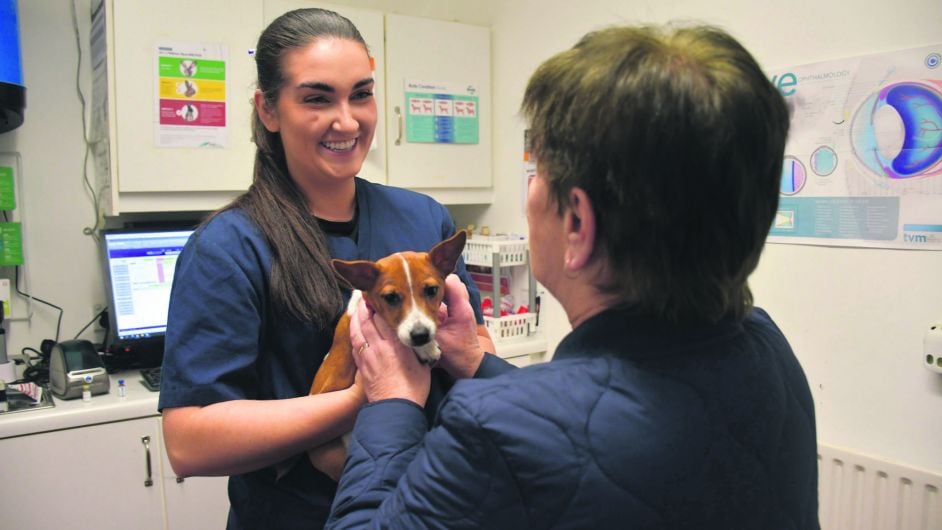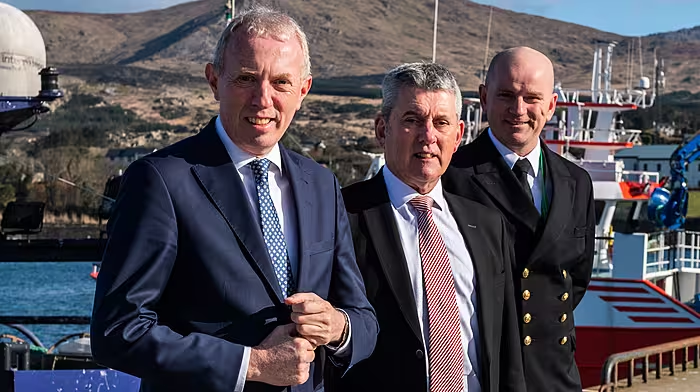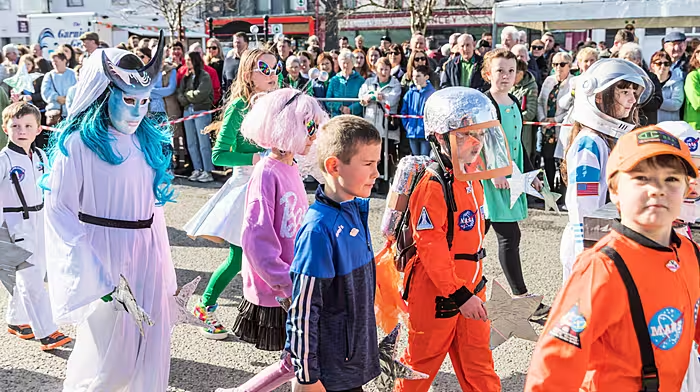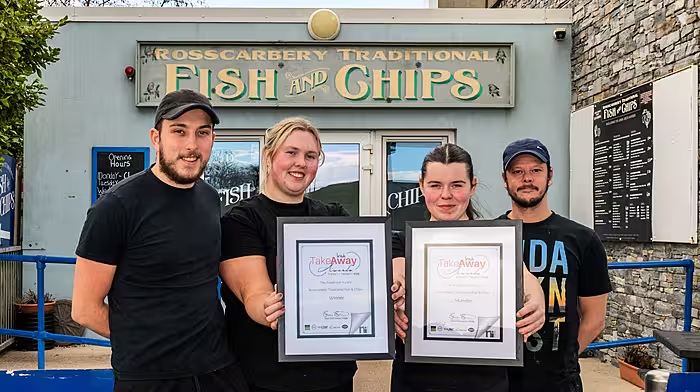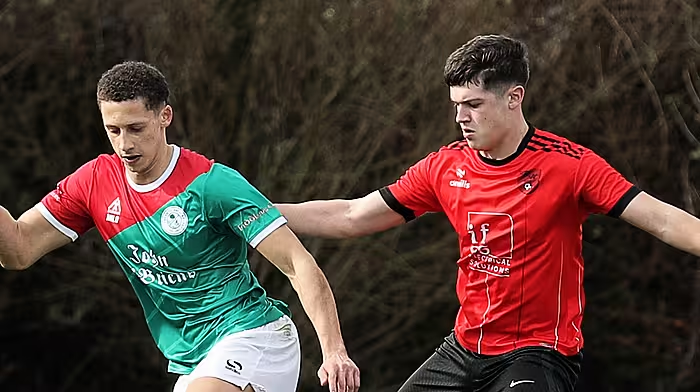In 2022, Cork had the highest number of newly-registered vets in the country, outside Dublin. Conor Power examines the attraction of a very emotionally and physically demanding job.
THE business of being a vet is an evolving one and one that seemingly plays an increasingly important role in our lives as we become more and more serious about our pets.
Last year, this county recorded the most newly-registered vets in the country, after Dublin, with 20 new vets coming into the system.
For Tim O’Leary at Aardveld in Ballydehob, the highly experienced veterinary surgeon has seen activity move from farm animals to domestic ones.
‘There’s definitely more care of the pet animal,’ he says. ‘They are certainly healthier nowadays – they’re on better diets, for example, and they’re a bigger part of people’s lives than they were 20 or 30 years ago. Much more of my time as a vet is taken up with smaller animals now. When I first started, my focus was predominately on farm animals and equine. There’s a much bigger percentage of small animals these days.’
He says the technology has improved immensely, too, and with developments such as digital x-rays making diagnoses much more accurate.
But another big change that Tim has seen over the years is the increase in the amount of administrative work involved. With each new raft of EU legislation comes a series of measures of compliance which, he says, takes up a significant amount of time.
‘It’s a part of the job that’s much more time-consuming than it was before,’ he says. ‘With EU legislation requiring recording procedures every day, there’s a lot more administrative work than there used to be when I first started as a vet.’
Overall, though, he isn’t surprised to see more people taking up the practice. ‘As a career, it does involve long and unsocial hours,’ says Tim, ‘but it’s certainly a rewarding career from a job-satisfaction point of view.’
At Castlelands Hourihane Veterinary Clinic in Skibbereen, vet Cliodhna O’Sullivan has seen the improvement in technology of recent years.
‘In the last two years that I’m here in our clinic, we’ve got a state-of-the-art digital x-ray machine,’ she says. ‘From what I’ve seen as a student and from practising in other clinics, the quality of the images is fantastic. Even when we send the x-ray images to UCG for analysis, people would always comment on how excellent they are. We use it both in the equine and the small-animal side of things.’
She also says that the range of diagnostic tests that they use has also increased, therefore improving the accuracy of diagnoses and of the general health of animals.
‘For example, with large animals such as cows, if the animal isn’t thriving as it should be, you can conduct different metabolic profiles to check for mineral values.’
Cliodhna enjoys her work very much, but she does realise that there are negative aspects, so it’s not for everyone.
‘I very much enjoy being a vet,’ she says. ‘But with large animals, it can be physically challenging and it can be very challenging mentally as well. I suppose that the way things are going with small-animal medicine, owners want the highest standard of care for their pets, who are part of the family. And that can be very demanding on us.’
At the Bandon office of Riverview Veterinary Group, Caitriona Lynch is one of the brand new vets that qualified in 2022. As such, she hasn’t been working long enough in the business to have seen the full evolution of technological advances. Secondly, being part of a larger practice, she concentrates solely on the larger animals, rather than the domestic ones.
‘One of the new developments that have only come out in the last couple of years, as far as I’m aware, is the hand-held computer for TB testing,’ says Caitriona. ‘It’s all we’ve ever known but I know that in days gone by, it would have been done by paper. I work entirely with cattle and livestock. I don’t do any small animals at all. Cattle and sheep would be my main interest. I worked with horses previously and I’d like to stay in the farm sector.’
For Caitriona, her wish to become a vet stemmed from her surroundings and her love of animals.
‘I grew up with horses,’ she says. ‘I have family that are farmers and it was always a career that interested me. I always wanted to help, I wanted to work outside and I like surgery too.’
But she also loves the lack of predictability that comes with the job. The work schedule changes frequently and can sometimes be hectic. ‘Spring is obviously our busiest season – we can be called to calvings, for example, with cows that have gone down. Then there’s lambing season, too. The rest of the year can be relatively quiet, with things like TB testing keeping us busy.’

